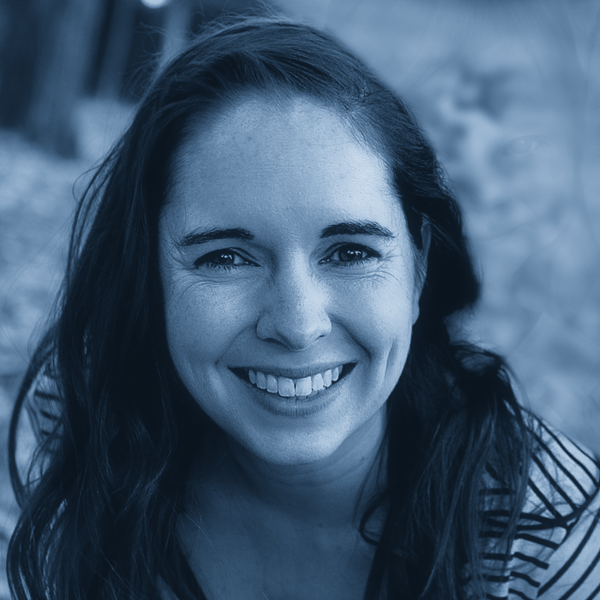Twila Lebold got out of bed one day this week and vacuumed her home, top to bottom. Then later that afternoon, she played a game of badminton with her son Joseph. To some, this may seem like the events of an ordinary summer day, but for Lebold, a mother of two who has suffered from multiple sclerosis for the past 20 years, it was an extraordinary feat.

Lebold, who teaches kindergarten at Conestogo Public School, attributes her newfound energy and abilities to a surgical treatment which she received while in India last month. The treatment, which is officially known as “chronic cerebrospinal venous insufficiency” (CCSVI), is based on the theory that the disease could be the result of narrowed veins in the chest and neck blocking the drainage of blood. Inflammation and a malfunctioning immune system have traditionally been pinned as the culprits for the disease, which damages the central nervous system. The treatment method developed by Italian doctor Paolo Zamboni is a relatively low-risk procedure that clears blocked veins in the neck. It has been compared to coronary angioplasty, which opens blocked arteries of heart patients.
“The whole experience was amazing,” Lebold said. “Back in June, my health and my mobility were declining. I wasn’t using a wheelchair but I would hold heavily onto my husband’s arm as we walked. I held heavily onto my sons. After the procedure, my son came to my side and positioned himself so I could hold onto his arm, but I didn’t need his help. I was walking on my own.”
Lebold, along with four other MS patients in Waterloo Region, connected with Lou Dietrich, president of Liberation Gateway, which helps arrange overseas visits for people seeking the treatment. She travelled to India for two weeks in August to be a part of the experimental research.
“Every single one of us had some kind of improvement,” she said. “I am able to walk up and down the stairs, and I can balance better than I could before. One woman had improved speech, another had less back pain. It’s not a cure, and I can’t guarantee that anyone will be able to leave their wheelchair behind or anything like that, but it sure has seemed to help.”
Zamboni’s treatment has been championed as a medical breakthrough by some patients looking for a way to alleviate their symptoms, but this week a group of leading Canadian medical experts has advised the federal government against funding clinical trials for the controversial new therapy.
“I don’t expect to see the procedure available in Canada anytime soon,” said Lebold. “I am not going to fight the government on this issue. I feel like that would be barking up the wrong tree. Our government is trying to do everything properly – making sure they dot all their I’s and cross all their T’s. The procedure is still young and research is still being done to see if it really can work. I am excited to be a part of the process.”
Patients who want the treatment pay out of pocket. Through Liberation Gateway, the cost is $12,500, which covers the treatment as well as accommodations and hospital fees but does not include flights.
“It is expensive, but if you have MS and you can afford the trip I would definitely recommend it. We had such a wonderful time and were treated so well,” she said. “We also saw a culture that was so different from ours, which gave me new perspective. I hope the treatment works for the long term, but if I go back to Canada and have fresh air and clean drinking water, I still know I am fortunate.”
Lebold returned to Canada on Aug. 15 rejuvenated and ready to get back to teaching when her classes resume next week.
“I am so thankful to everyone who supported me. My husband Ray, the people at Bloomingdale Mennonite Church and the wonderful people in India have all helped me get through this. My health was declining and, with help, I feel like I have been able to get on the right track again. I know that this is not a cure, but I have bought myself time and I could not be more grateful for that.”







